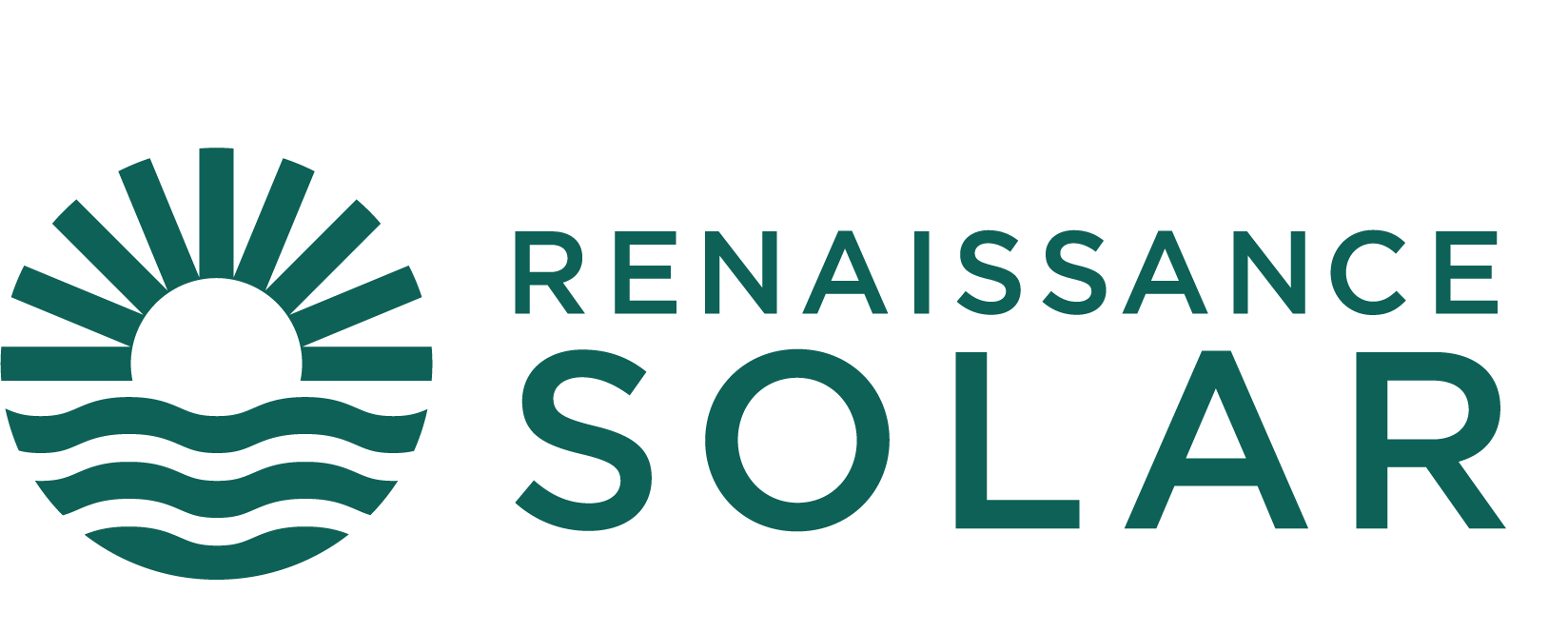As with everything else in our technology-driven world, huge advances in the sphere of PV (Photovoltaic) technology has increased the conversion efficiency of PV solar panels by leaps and bounds, which leaves us with the question; PV solar efficiency?
We obviously want PV solar to be efficient, since it’s one of the greatest hopes for most South Africans, living with a beleaguered electricity grid, to be free from its consistently unstable performance and endless rounds of load shedding, for which there is seldom any warning.
Add to this the exorbitant cost of merely heating water, keeping appliances running and keeping the lights on and we’ve about hit ground zero when it comes to deciding to cut ties with Eskom, at least as much as our budgets will allow!
PV solar efficiency?
Considering that buying a PV solar system isn’t cheap, we naturally want to know that finding the funds to make the investment will be worth it, which goes to the question of the efficiency of PV solar.
Bottom line, PV solar panel efficiency is based on the amount of sunlight that shines onto the panel and is then converted into electricity, a conversion efficiency that has reached an average of pretty well over 20%, according to most experts.
What this means, in essence, is that the power rating considered of a standard size PV solar panel has increased from what used to be 250W, to 370W and more today.
PV solar panel efficiency factors to take into account
There are two main factors to take into account when determining the efficiency of PV solar, which are:
Photovoltaic (PV) cell efficiency
The type of silicone used and design of the individual photovoltaic cell contributes to its efficiency, such as whether either a P-type or N-type of silicone is used. The cell efficiency is also determined by the type of substrate used and the actual photovoltaic cell structure, with its efficiency calculated by a very technical term called the fill factor (FF), which gives you what will be the maximum conversion rate of sunlight to electricity.
This is all about calculating the optimum operating voltage and current that can be expected of the cell itself.
PV solar panel efficiency
The efficiency of a complete PV solar panel is determined by the layout and configuration of the photovoltaic cells, as well as by the size of the panel itself.
There is a lot more attached to understanding PV solar efficiency, but the best way to get to grips with questions as complicated as these would be to chat to the solar experts at Renaissance Solar.
This is their bailiwick, and the passion that drives their commitment to excellence and quality solar products, will assure you of a clear understanding of the principles behind PV solar efficiency, before you even get to designing the ideal PV solar system for your home or business.
Choose Renaissance Solar for top PV solar efficiency!
Quality products and workmanship, along with a sheer dedication for meeting the needs of their customers from start to finish, and beyond, is your guarantee from Renaissance Solar of an investment in a PV solar system that works efficiently, and will meet all your solar energy requirements!
Whether you dream of going completely off the grid, plan to buy a Hybrid PV solar system or Grid Tie solar system, if you live in Cape Town, then Renaissance Solar is the team to trust with your foray into the world of solar energy!
